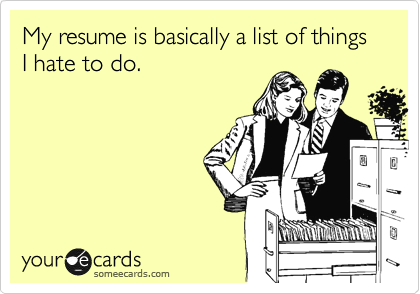My thoughts on the situation in Hong Kong comes late like many others. People that don’t particularly want to meddle around in the grey area or get into political debates. Like many others, I stand by democracy but cannot deem myself informed enough to form a solid stance on whether the current movement is right or wrong. The theme is important and raising awareness for the cause has be more than valuable. So let us take a step back from the political debates and understand the challenges of the bigger picture.
Change management does not come overnight. For large groups of people in teams, organizations and communities to transition to desired states is not something that can be confined to the downfalls of one particular leader or government. With all great accomplishments takes enormous efforts from all parties. There are many reasons that the people of Hong Kong are asking for change. The voting system, the education system, the housing policies and many more non-locals may not be aware of. Choosing what strategy to implement and methods of evaluation should never have to come down to anyone getting physically harmed in any way, shape or form.
Billions of peoples’ lives are on the line. I say this in light of China having ruled out amending their initial decision from August 31st stating that Hong Kong’s leader will be elected in 2017 after candidates have been selected by a nominating committee made up of a proposed 1,200 people. It is difficult to imagine what consequences a shift in the voting system could potentially have on the lives of over 1.3 billion people in China. What if they too would like to seek out more democratic governing? How will a nation that large be able to focus on its economic development in the likely event that its people take to the streets to protest for democracy?
There is little middle ground available for Hong Kong’s governing system, China’s 2017 decision and the current beliefs represented by the people of Hong Kong. No one can say one party is right but what we as a global community can do is seek ways to prevent the suffering of more people. The pressure is on to resolve this problem but as we are all quite aware, the challenges will be continuing long after the current movement is over. As people that truly care, it isn’t necessarily about wearing the yellow ribbon, it’s about the fight after the media no longer sees value in reporting the matter.
A lot of us can’t help but notice that Western styles of democracy is often referenced in the current Hong Kong debates. Yes, Hong Kong is seeking out similar forms in their voting systems but it isn’t always relevant to compare them side-by-side. It has long been established that the people of Hong Kong are looking for a “one person, one vote”system where everyone has direct influence on who their next leader will be. Here in North America for the most part, we are only able to elect representatives for our communities. We are in no way directly voting for a specific leader to represent us to one overarching national governing body with a completely different political beliefs. That is why, I am hesitant to say that what Hong Kong is thriving for right now is the system that I am personally living under.
Ultimately one of the most important things to understand is we shouldn’t lose sight of why this movement began in the first place. The student leaders originally put out very ambitious proposals to the government including demands for Hong Kong’s top three officials to resign for political reasons so they can re-elect a leader they believe in under a new voting system. However, as we move away from this, we will notice that the movement is no longer solely run by and represented by people that believe in democracy, but people that are suffering under current localized issues like the increase of housing prices, unemployment and heightening poverty. The problems have always been far greater than one single voting system.
Embrace the challenges of the future and stay safe.




